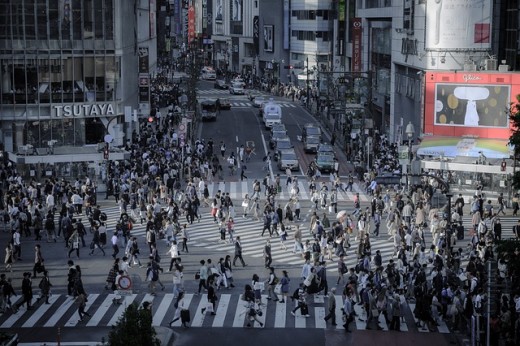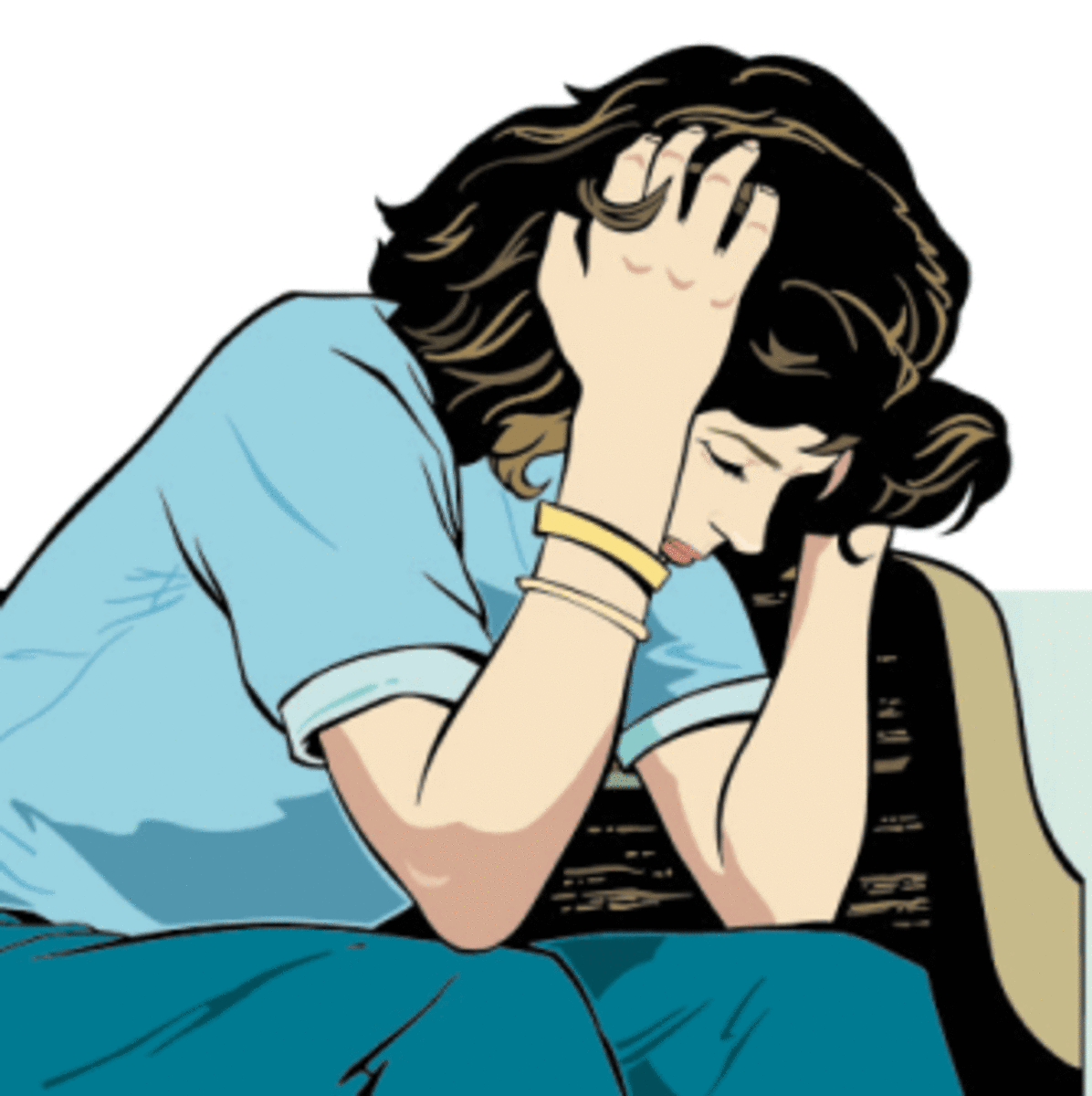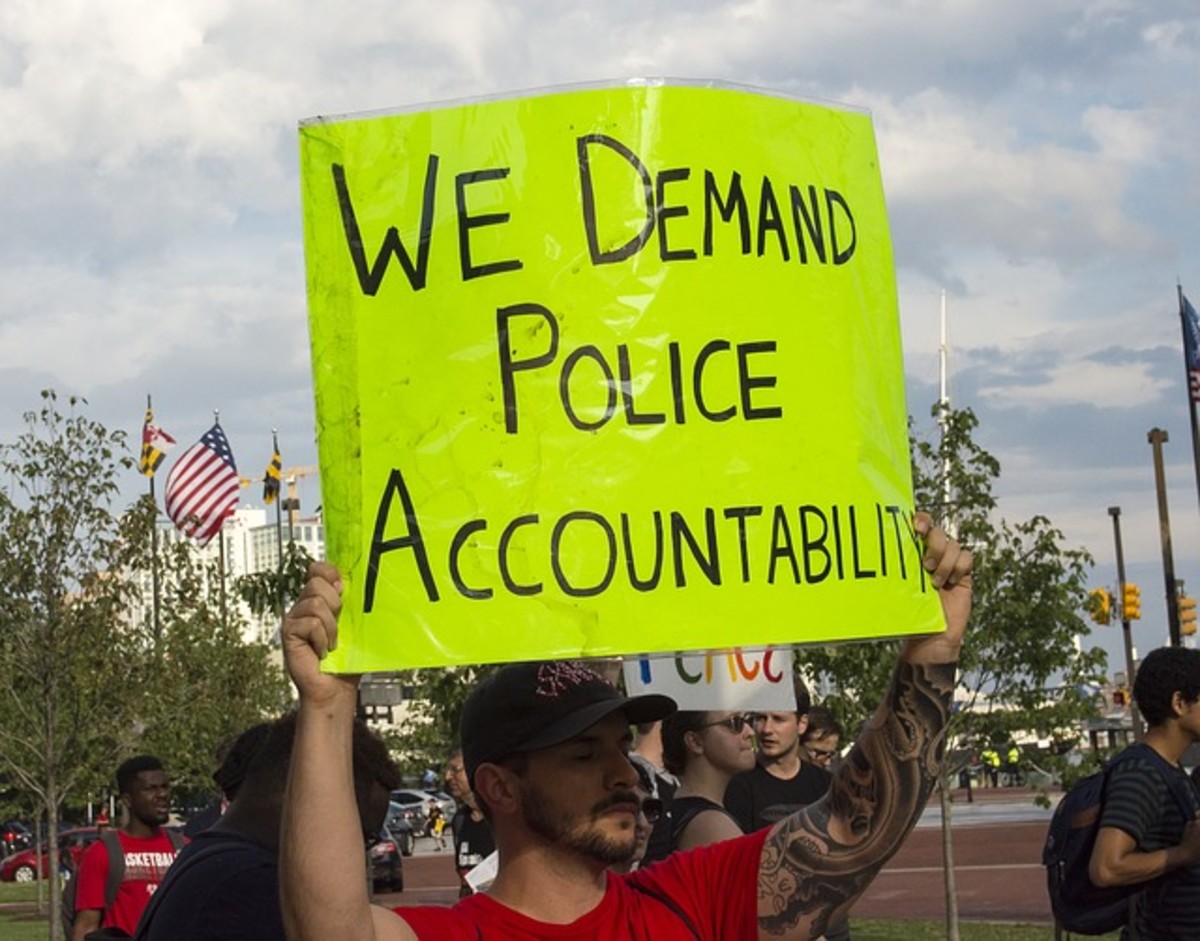Work Before Health?

In the 21st century are we still working ourselves into an early grave?
The answer quite simply should be no, but sadly for so many of us it seems to be yes. Whether it be physical or mental illness there seems to be a growing nature of workers forcing themselves into work every morning regardless of their ill health.
But when as a society did we become so obsessed with work and money?
I believe for most of us it is a matter of circumstance, for me personally I am 26 with bills to pay and two low paid jobs, I work to earn. As a nation however we all do it, I bet as you look at your colleagues any day of the week there will be at least one coughing and spluttering in the corner.
When you put it in perspective people have been working themselves into the grave since the age of man. In the stone age people would risk life and limb daily to provide food whilst hunting. In the middle ages farmers would work the fields in the coldest of winters to do the same.
Is work not the capability of providing for yourself and those that you love?
It isn't as simple as this anymore, work now gives us many more things than food on the table. Materialistic goals, domestic goals and now work itself is a goal, many people striving to get further up the career ladder and for what purpose? Money? Prestige?
It appears to be those on the higher rungs that are allowed or can even afford to be ill, and sadly for those of us holding the ladder up it would seem one solitary sneeze could bring it all tumbling down, or so they would have you think.
There are many factors pulling us into work even though we are physically and sometimes emotionally not up to it, it can be argued that they all roll into one major category.
Stress

"Work related stress depression and anxiety continue to represent a significant ill health condition in the workforce of Great Britain. Work related stress accounts for 37% of work related ill health and 45% of days lost, in 2015/16."
— published by the Health and Safety Executive and licensed under the Open Government LicenceIn my opinion some of the main contributing factors to stress within the workplace and reasons people often force themselves into work whilst ill are:
- You have a deadline.
- You were sick not long ago.
- Pressurised not to take sick days.
- Guilt of piling pressure onto other co-workers.
- Unsecure job role
All of this and many more can lead to making yourself more ill and seriously hindering your quality of life. Whilst taking a step back and realising your limits can ease your mind and may even improve the performance of your immune system.
"Managing stress, especially chronic or long-term stress (even if it's not intense), may help people to fight germs."
— American Psychological Association, February 23, 2006Karoshi
In Japan there is an actual word for those that quite literally work themselves to death, this term is known as Karoshi.

"According to The Japan Times, a suicide can be labelled karoshi if leading up to their death, a worker works 160 or more hours of overtime in a month, or 100 hours of overtime for three consecutive months. A cardiovascular death, on the other hand, is considered karoshi if an employee works 100 hours overtime in the month leading up to the death, or 80 hours overtime over two or more months in the six months leading up to the death."
— By Nanda Lakhwani, International Business Times, April 05 2016Karoshi is just one example that can be used to distinguish the differences between external factors related to illness from those created by work circumstances, and the severity that can come from work related stress.
According to the suicide statistics report formulated by the Samaritans, there were 6,581 suicides in the UK and Republic of Ireland in 2014. Now compared to the 27, 766 reported in Japan in 2012 it doesn't seem a lot, however, Isn't one too many? Especially when those that occur as a result of work may have been avoided with the option of additional support or encouragement within personal industries to monitor and aid employee mental health.
So what can we do about it?
In terms of our physical health it is only ourselves that can decide what to do, it is unrealistic to demand legislations or work policy changes because we all know it wont, even though all employers have a duty to safeguard their employees it is highly unlikely that unless you act on your own well being your employers will turn a blind eye. What you must not do is worry about what happens to work if you need time off, if you are ill that is the end of it. Now I am not saying every time you have a cold you should curl up in a ball and cry, but bare in mind your bodies limits, take time to relax, organise your finances to accommodate the what ifs, as nobody knows what's around the corner. Let yourself just be ill for a change, you may find you recover just that bit quicker.
If you are struggling with your mental health then the first step is to isolate the main cause for it, and if you can't find one then that's fine. Not everyone that suffers from a mental illness has a specific cause for it, that's why it is an illness, and if that's you the first step is to either go to the doctors or talk about it with somebody you trust.
If however you are suffering from mental illness due to some form of work related stress, then the first step I would recommend is to speak to a supervisor, HR or trusted superior and perhaps discuss what it is that is causing you this stress. Together you may be able to create a plan to ease your work load, or sort out whatever is bothering you. If you need to take time off from work do so, but you will still need to fix what is wrong, don't hide or when the time to return to work comes your problems will weigh down even heavier than before.
I am in know way a medical expert but speaking from experience whatever the cause of stress I would recommend speaking to your Doctor.
Here is some other contact information for people that can help:
-
Samaritans
116 123 (Freephone)
-
Anxiety UK
08444 775 774
Charity providing information and support for people experiencing anxiety disorders.
-
CALM (Campaign against living miserably)
0800 58 58 58
Provides listening services, information and support for men at risk of suicide.
-
NHS
111
Non emergency Medical advice
-
No Panic
0844 967 4848
Provides a helpline, step-by-step programmes, and support for those with anxiety disorders.








